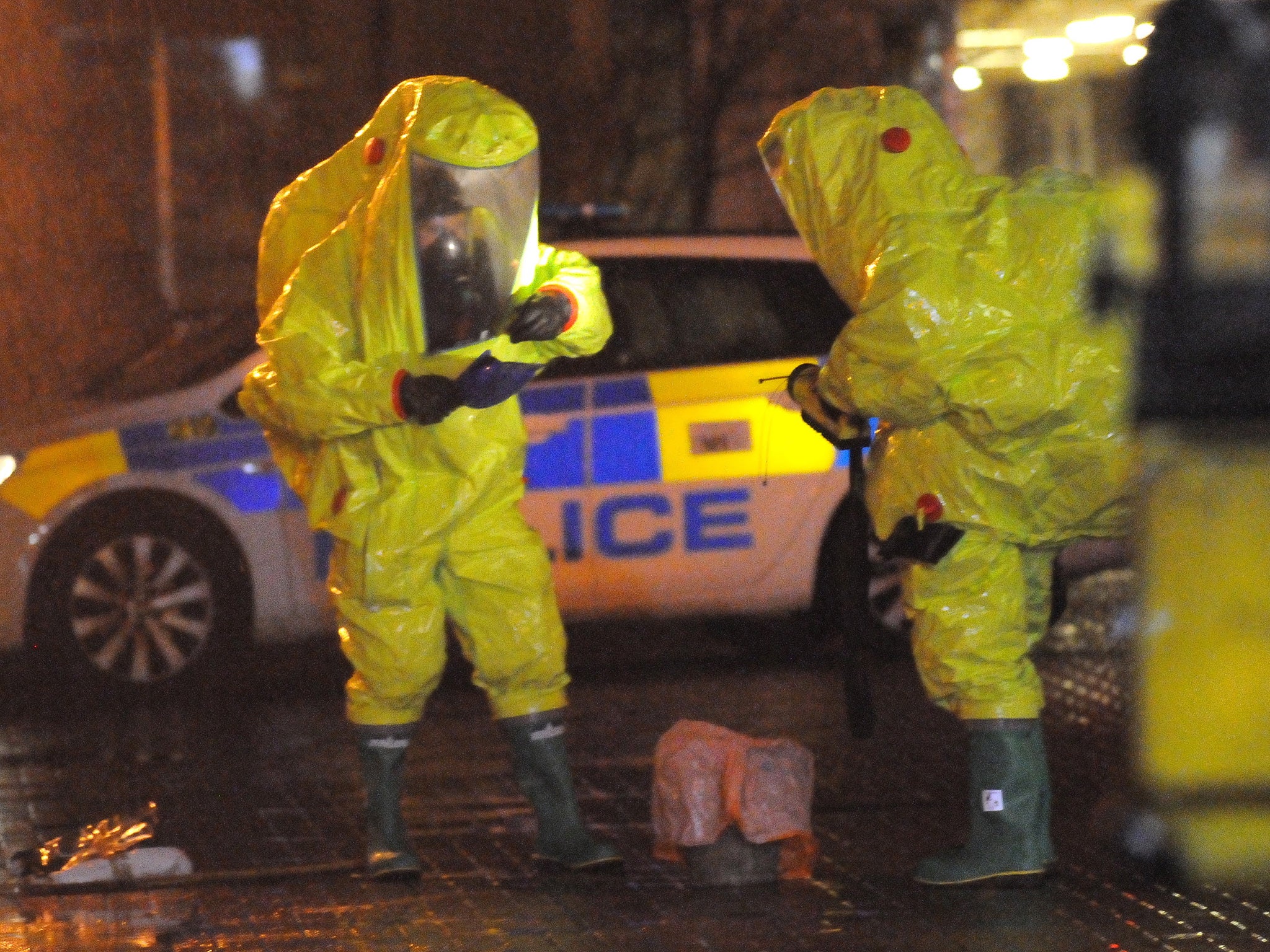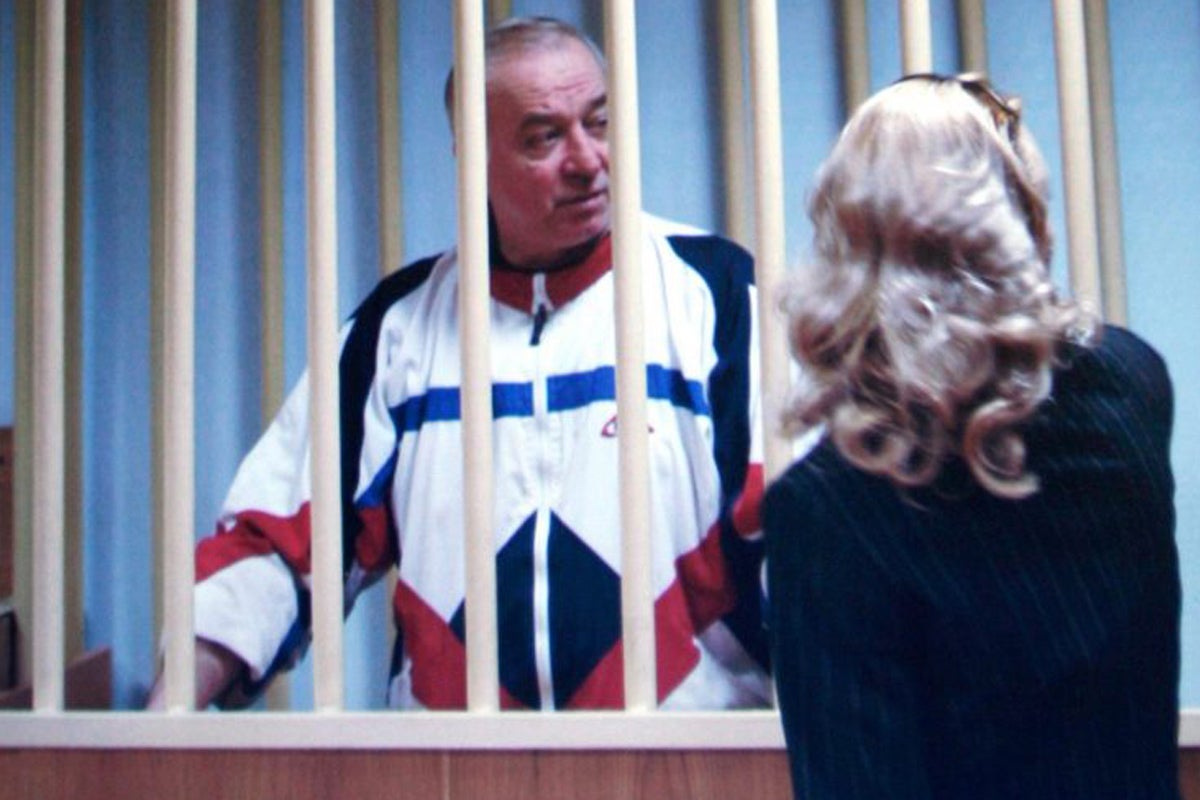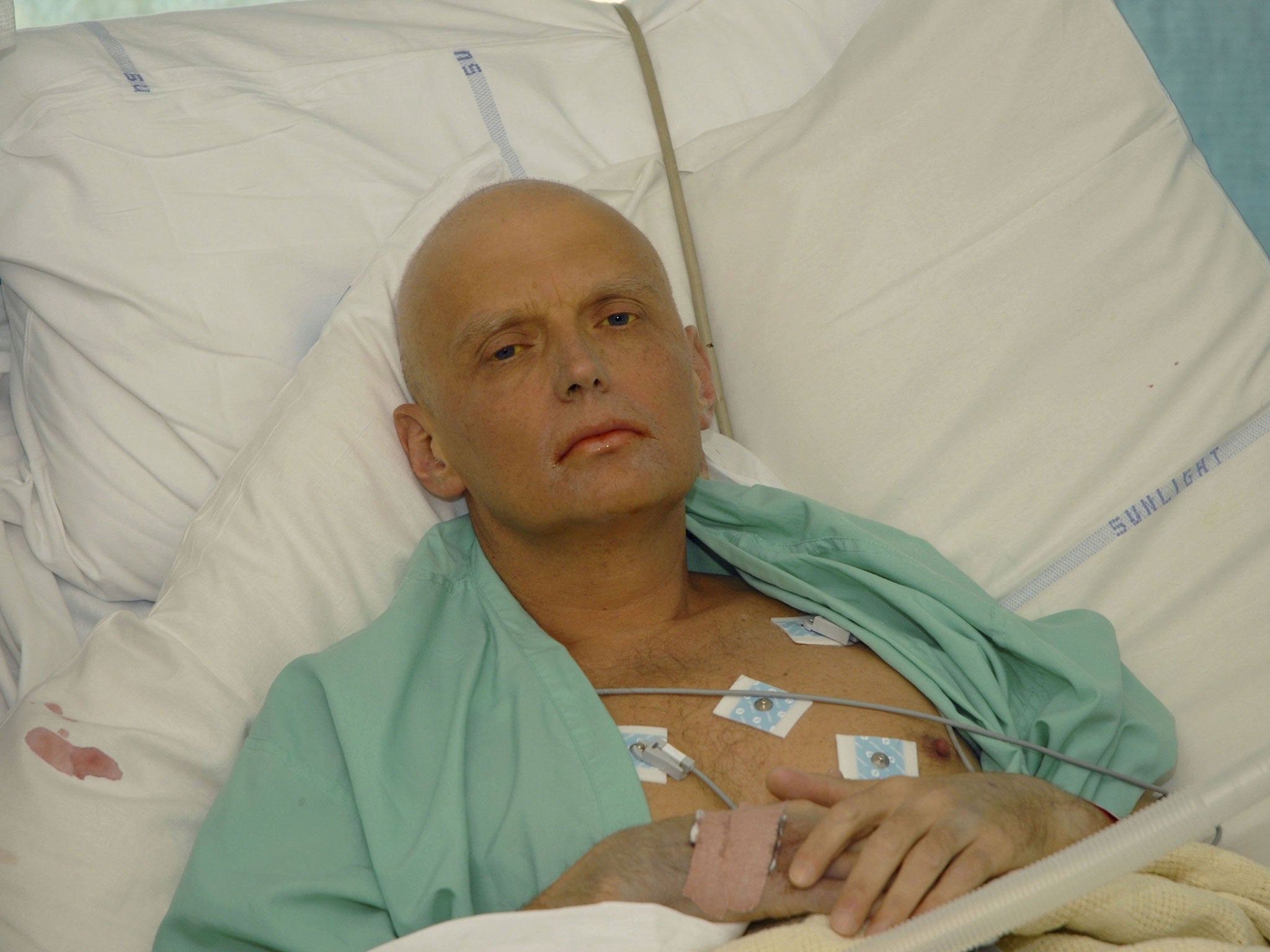Man left critically ill in Wiltshire after exposure to unknown substance 'is former Russian spy'
Sergei Skripal and unidentified woman in her 30s found unconscious on bench in Salisbury shopping centre
Your support helps us to tell the story
This election is still a dead heat, according to most polls. In a fight with such wafer-thin margins, we need reporters on the ground talking to the people Trump and Harris are courting. Your support allows us to keep sending journalists to the story.
The Independent is trusted by 27 million Americans from across the entire political spectrum every month. Unlike many other quality news outlets, we choose not to lock you out of our reporting and analysis with paywalls. But quality journalism must still be paid for.
Help us keep bring these critical stories to light. Your support makes all the difference.
A former Russian colonel who spied for the UK is in a critical condition in hospital after being exposed to an unknown substance in Salisbury.
Sergei Skripal, who was given refuge in the UK after being jailed in his home country for treason, was found unconscious on a bench alongside a woman in a local shopping centre.
The cause of their illness has not yet been confirmed but the case drew immediate comparison to the murder of former FSB officer Alexander Litvinenko using radioactive polonium-210 believed to have been administered in a cup of tea.
Investigators are understood to be reviewing the death of Litvinenkno to see if there are any similarities between the modus operandi of that case and this incident.
MI6’s investigation into his death was led by Christopher Steele, the ex-spy behind a dossier of compromising allegations on Donald Trump. The Independent understands investigators may consult Mr Steele in connection with the current investigation.
Police confirmed that a man in his 60s and a woman in her 30s, who are known to each other, did not have any visible injuries when they were taken to hospital on Sunday afternoon.
“They are currently being treated for suspected exposure to an unknown substance,” said temporary Assistant Chief Constable Craig Holden. “Both are currently in a critical condition in intensive care.

“Because we are still at the very early stages of the investigation, we are unable to ascertain whether or not a crime has taken place. A major incident has been declared today and a multi-agency response has been coordinated.”
The female casualty has not yet been identified.
Witness Freya Church said: “On the bench there was a couple, an older guy and a younger girl. She was sort of leant in on him, it looked like she had passed out maybe. He was doing some strange hand movements, looking up to the sky.”
Specialists are working to establish what caused the pair to fall unconscious and areas of The Maltings shopping centre and hospital have been closed for decontamination. Police said there was no risk to the wider public and confirmed the incident was not terror-related.
A major incident was declared at Salisbury District Hospital after the patients arrived, with people told not to attend A&E unless it is “extremely urgent”.
Mr Skripal was first identified as one of the casualties by the BBC, which reported that the former spy had lived in Salisbury with his wife before she passed away.
A colonel in Russian military intelligence until at least 1999, Mr Skripal was arrested in 2004 on suspicion of spying for the British.
Eventually, he admitted to high treason for working for MI6 and providing the identities of active agents in Europe in exchange for payments totalling more than $100,000.
His conviction was considered a major coup for the country’s security services, who likened him to a “super spy”.

In 2006, Mr Skripal was convicted in a military court, and sentenced to 13 years. He was released early, in 2010, following a high-profile “spy swap,” with Russian sleeper agents uncovered in the United States.
The former intelligence officer was flown to the UK, alongside Igor Sutyagin, another Russian national convicted of spying. Mr Sutyagin maintained his innocence.
Mr Sutyagin last night told The Independent he only knew Mr Skripal “for a few hours” during the transfer but he described the former military officer as being relieved to get out of Russia and reunited with his family – “not happy, glad”.
Mr Sutyagin said it was too early to speculate about the causes of Mr Skripal’s illness. However, he said it would be a “strange” time for the Kremlin to conduct such a risky operation on British soil, given the constant stream of bad news stories about Russia in the West. “They are mad, but not entirely stupid,” he added.
The immediate suspicions of poisoning did speak a bigger truth, he said: “There is no smoke without fire, and the Kremlin has a terrible reputation. If not this, we know they have done other terrible things.”
Mr Sutyagin said that the Russian leadership had a history of being “unstable” and “out of control” under stress. But it is a mistake to assume that they are always in control, he said. Mr Skripal’s collaboration with British security services will have caused problems all down the hierarchy.
“If indeed this is a poisoning, we cannot rule out that this was a local endeavour, not sanctioned by the top,” said Mr Sutyagin.
The Kremlin has been implicated in several murders carried out on British soil, with Bulgarian writer Georgi Markov infamously murdered using a poisoned pellet fired from an umbrella on Waterloo Bridge in 1978.
A public inquiry named Russians Andrei Lugovoi and Dmitri Kovtun as the prime suspects for poisoning Mr Litvinenko at a Mayfair hotel in 2006 but attempts to extradite them from Russia failed.

In a statement dictated from his deathbed, Mr Litvinenko accused Vladimir Putin of ordering his death and a UK inquiry concluded that the Russian president had most likely approved the murder after years of “antagonism”.
“Taking full account of all the evidence and analysis available to me I find that the FSB operation to kill Litvinenko was probably approved by Mr Patrushev and also by President Putin,” Sir Robert Owen wrote in 2016.
“In the years prior to Litvinenko’s death the Russian state may have been involved in the assassination of Mr Putin’s critics.“
Officials in Moscow have always denied involvement in Mr Litvinenko’s death, with officials previously claiming he was involved in an illicit trade in polonium and poisoned himself, and there was no immediate comment on the apparent attack on Mr Skripal and his companion.
There are believed to be concerns in the Kremlin that Russian dissidents living abroad could help Western security services probing its alleged interference in foreign elections.
A spokesperson at the Russian Embassy in London told The Independent that neither Mr Skirpal’s representatives nor British authorities had contacted diplomats over his illness.
Public Health England (PHE) said anyone exposed to the unknown substance had been decontaminated “as is standard practice in situations like this”.
“Scientists from PHE’s Centre for Radiation, Chemical and Environmental Hazards, will continue to assist the response and review information as it becomes available,” a spokesperson added.
Cara Charles-Barks, chief executive of Salisbury NHS Foundation Trust, said patients should attend appointments and routine operations until told otherwise.
Subscribe to Independent Premium to bookmark this article
Want to bookmark your favourite articles and stories to read or reference later? Start your Independent Premium subscription today.

Join our commenting forum
Join thought-provoking conversations, follow other Independent readers and see their replies
Comments